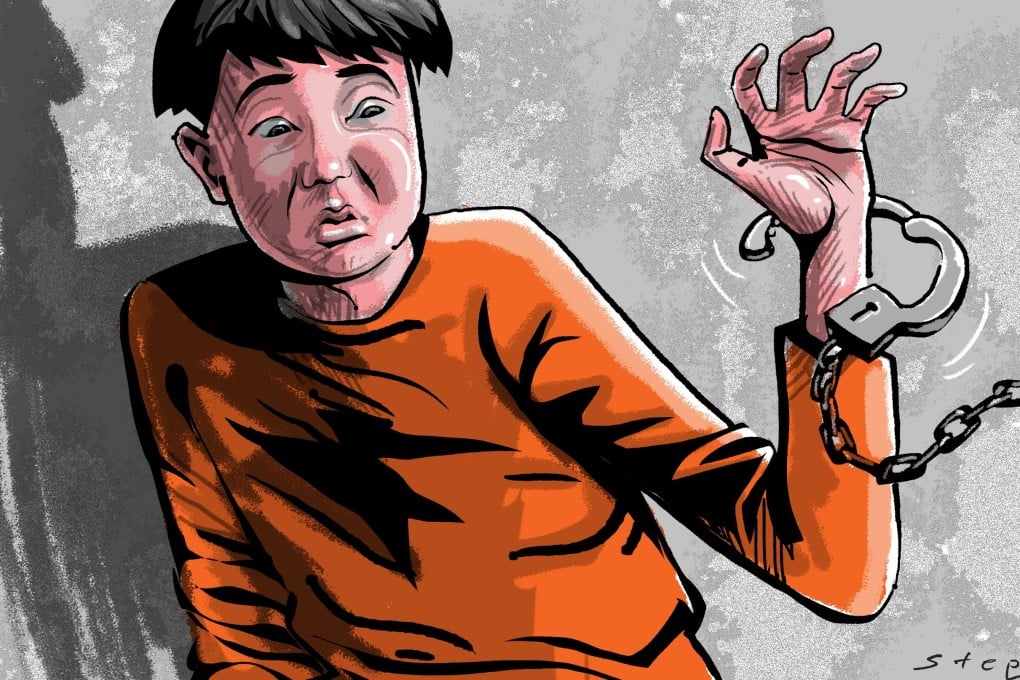Advertisement
Opinion | Hong Kong protests: show arrested youth some mercy, to begin the healing process in society
- Greater discretion by police and prosecutors towards those arrested – whether they are under or over 18 – would represent a significant step to rebuilding trust and harmony
- The underlying causes of the protests remain unaddressed, and genuine reconciliation must occur or the unrest might return at any time
Reading Time:3 minutes
Why you can trust SCMP

The social unrest in Hong Kong since June 2019 has been heartbreaking. The scale of disruption and violence is unprecedented. People were harassed or attacked simply over the colour of their clothing. The verbal and emotional abuse arising from supporting the government or taking part in peaceful protest has been disturbing for all.
The civil behaviour and good order that has characterised Hong Kong for generations seemed to disappear overnight. Road blocks, tear gas and confrontation between demonstrators and police became part of the lifestyle of the city during that period.
There are many concerns in the community about the enactment of the national security law and its impact on many of Hong Kong’s freedoms. At least some of the violent confrontations have subsided for the moment, but the roots of the problems that led to them have not been addressed. Genuine reconciliation within society needs to occur, otherwise further social unrest might come back at any time.
Advertisement
The local and central governments have a responsibility to lead in this process given their position of power. Such actions would be for the good of everyone in Hong Kong. One place to start is in resolving the status of those who were arrested.
Since the social unrest began, there have been more than 10,000 arrests, of which around 2,300 have been brought to the court charged with various offences. In court hearings recently, some people have been sentenced to jail while others were acquitted because of insufficient evidence. Sometimes the court found police had not provided reliable evidence.
No matter whether the arrests were justified or not, the sheer number of them has created a significant backlog of cases for the courts. The morale of the community has suffered, not to mention the stress on the arrested and their family members.
Advertisement
Select Voice
Select Speed
1.00x


